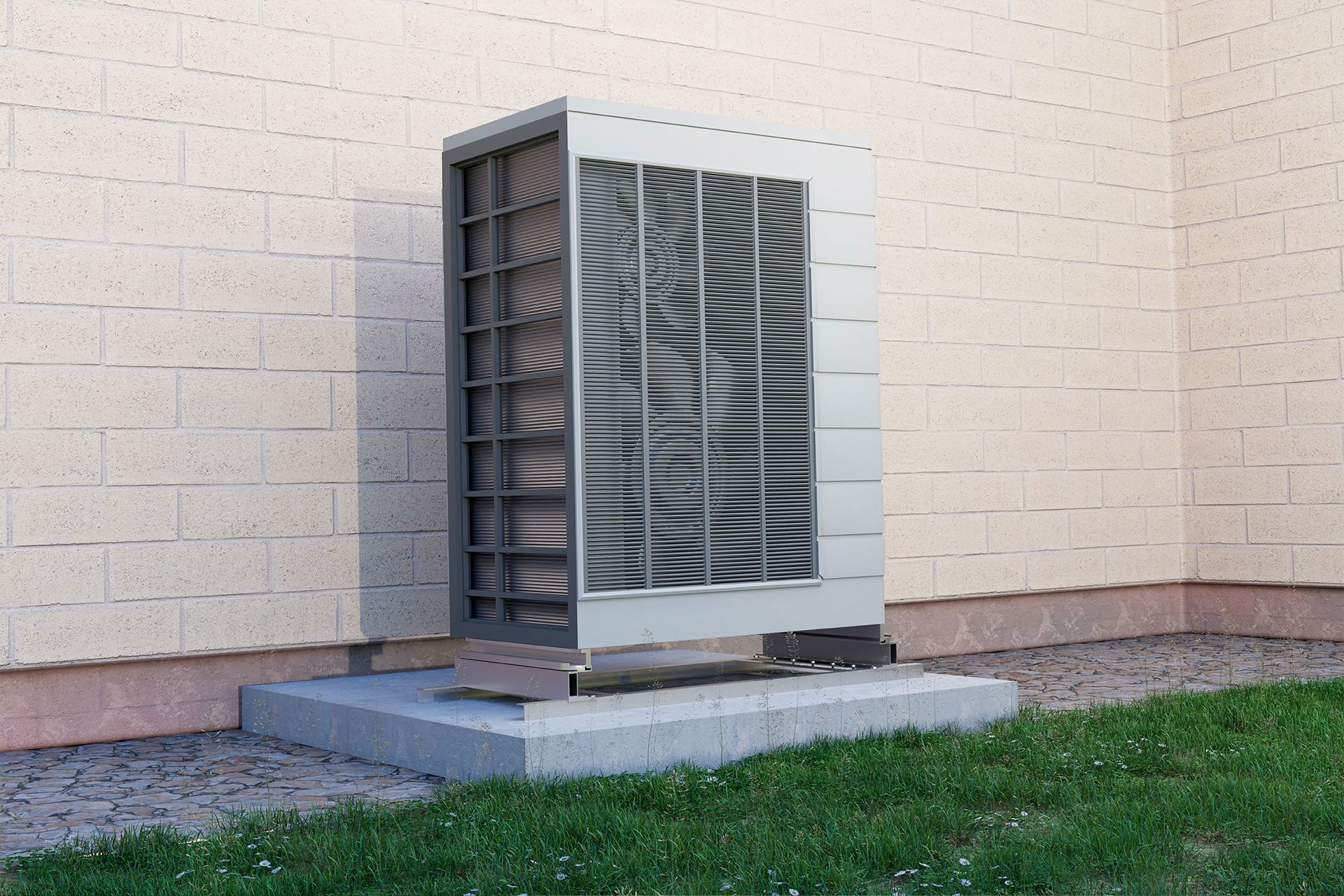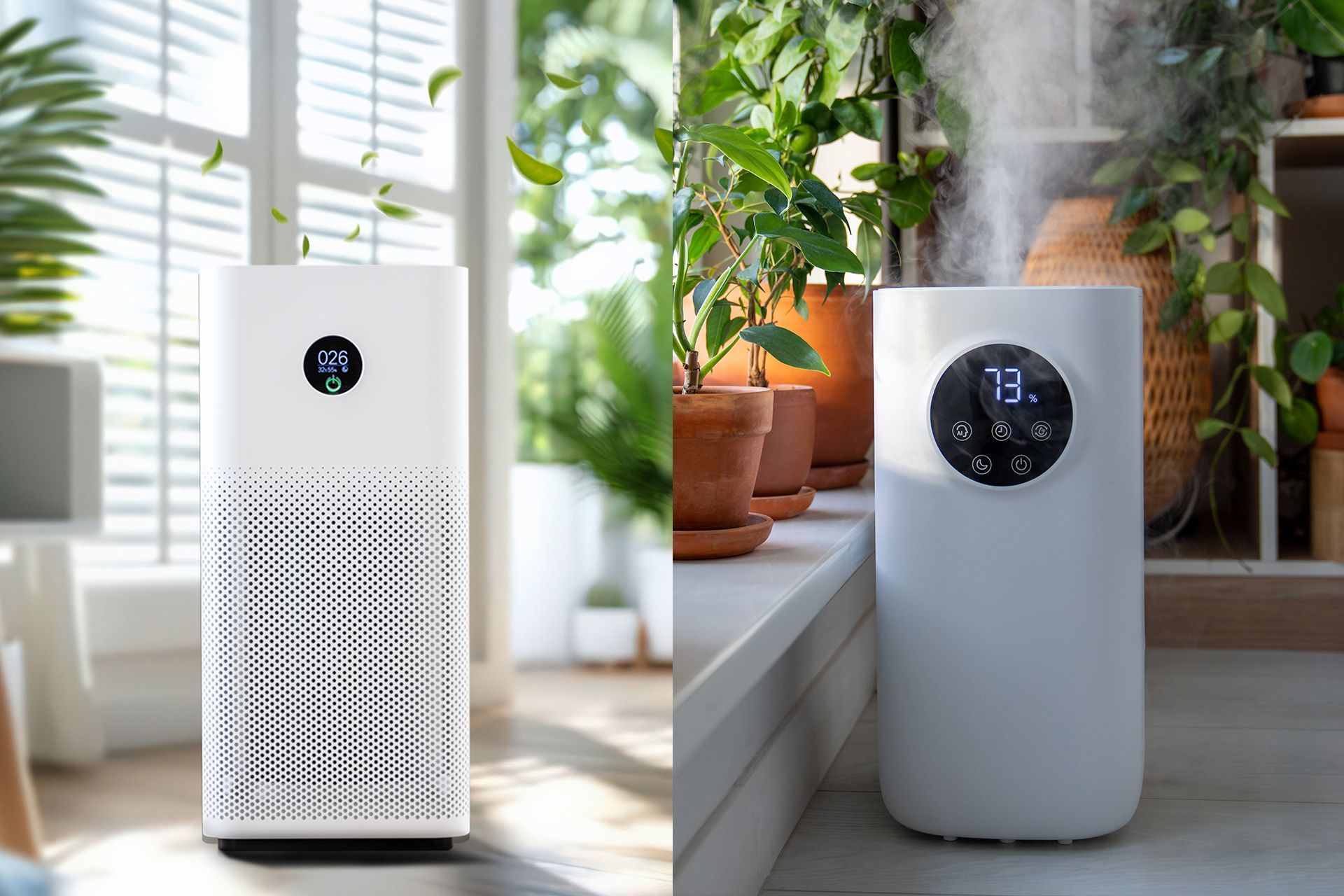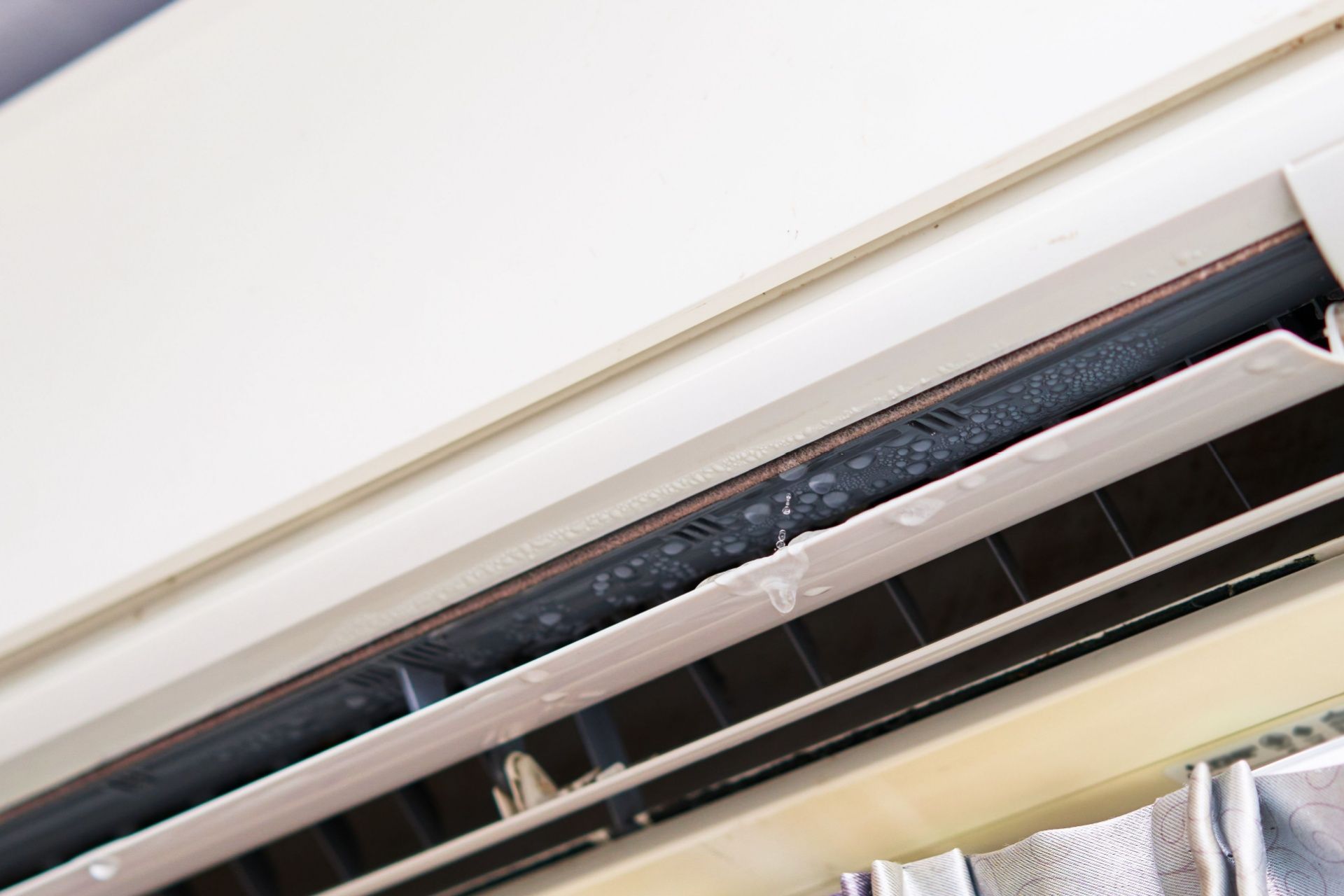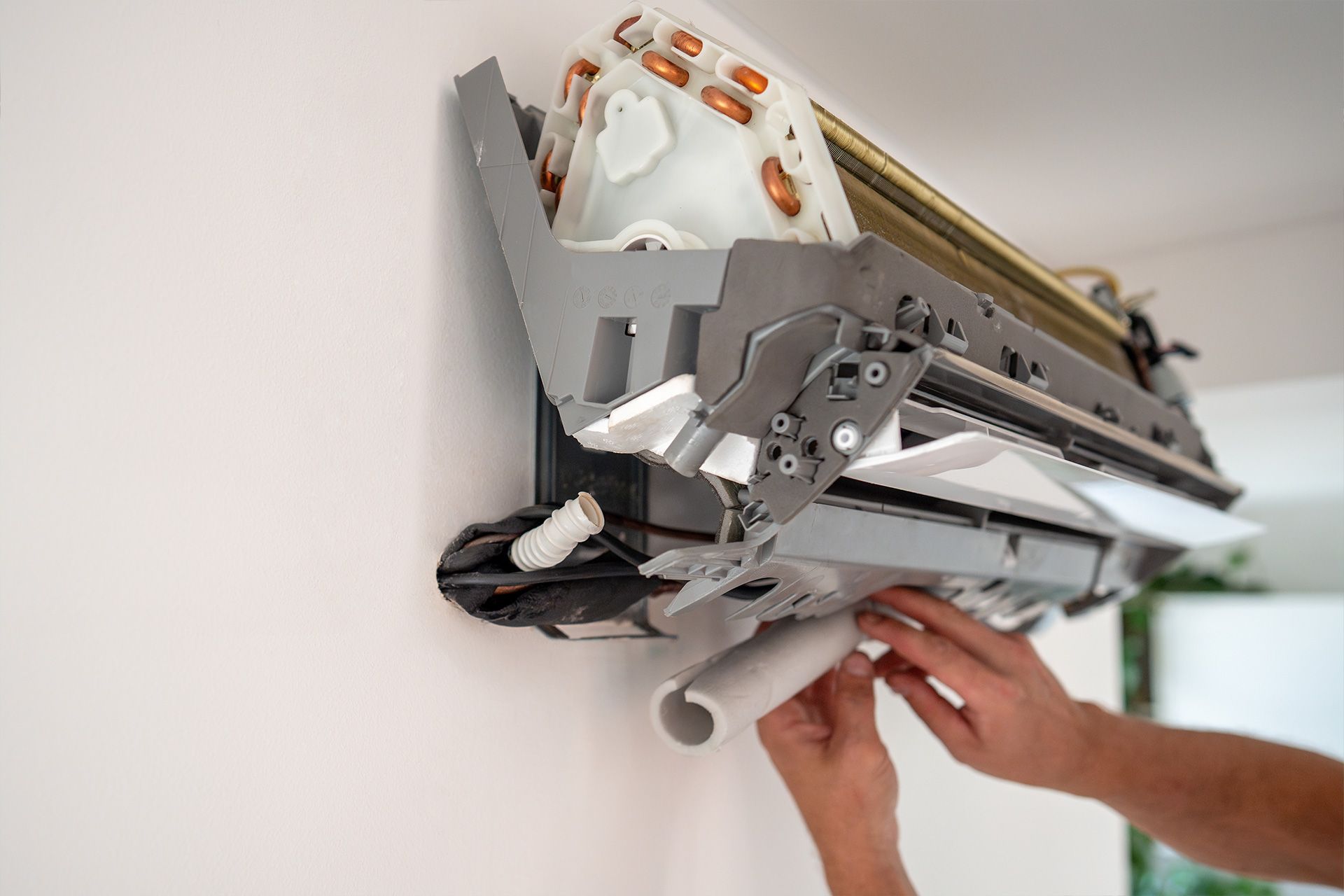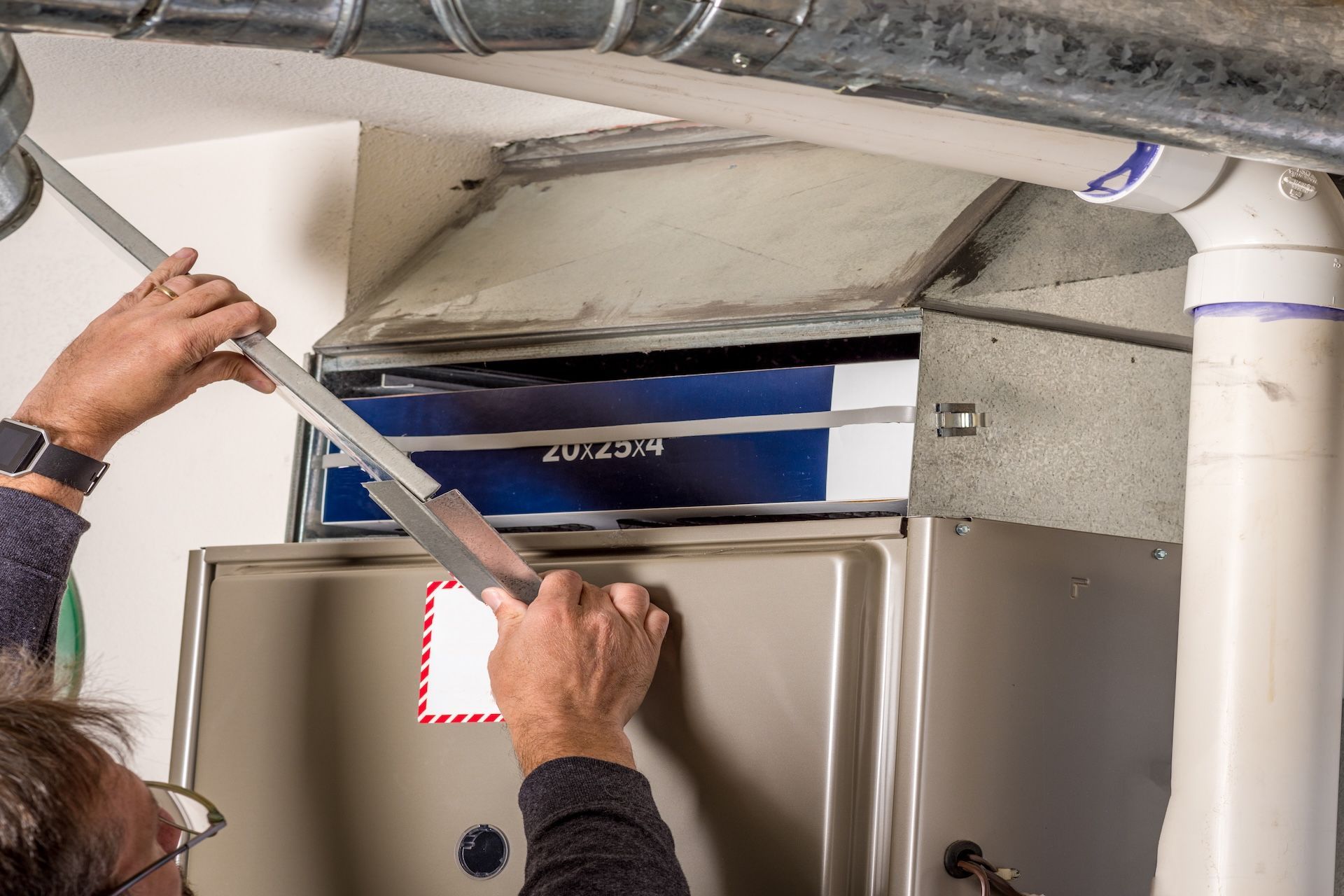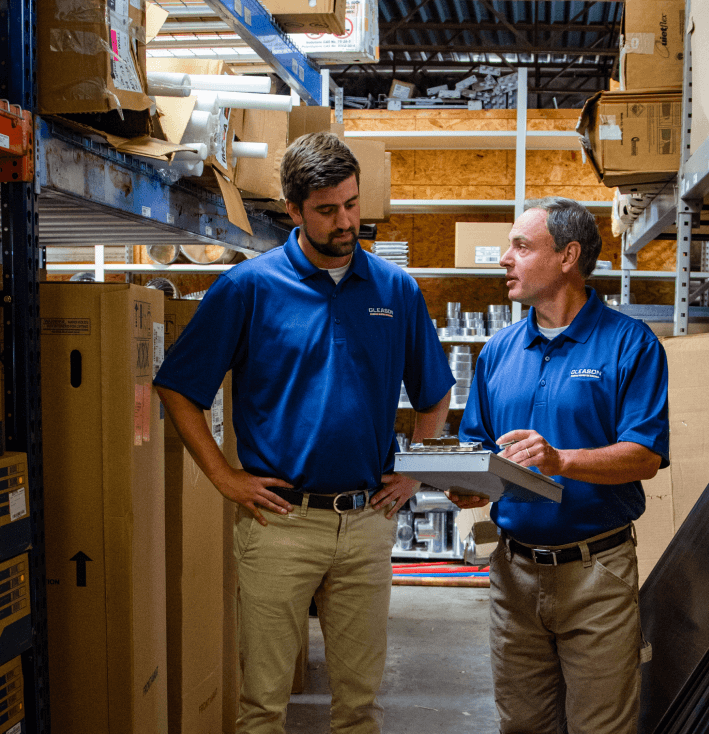Articles
HVAC Contractor Tips and Articles For Your Home
How to Use UV Lights for HVAC Systems?
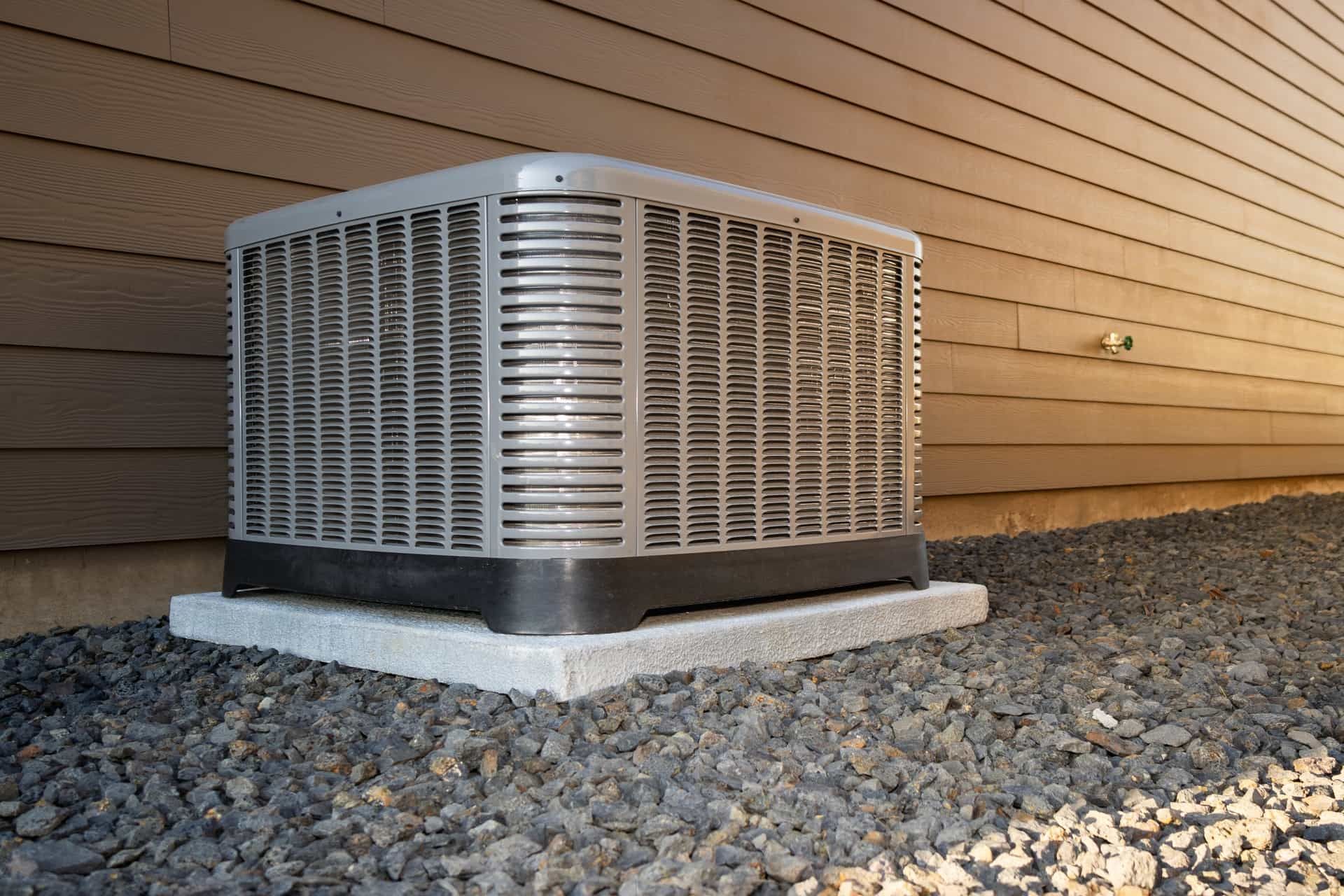
Maintaining clean, healthy air in your home is more important than ever. One effective way to improve indoor air quality is by using UV lights in your HVAC system. These lights can help eliminate bacteria, mold, and other airborne contaminants, ensuring your air is clean and safe.
This guide will explore how UV lights work, their benefits, and how to install and maintain them in your HVAC system.
What Are UV Lights for HVAC Systems?
UV (ultraviolet) lights are specialized lights that emit UV-C rays. These rays are known for their ability to destroy microorganisms by breaking down their DNA, rendering them inactive. In HVAC systems,
UV lights are typically installed near the evaporator coils or in the ductwork to kill bacteria, mold, and viruses that thrive in dark, damp environments.
How Do UV Lights Improve Air Quality?
HVAC systems circulate air throughout your home. However, the moist environment inside the system can become a breeding ground for mold, bacteria, and other pathogens. Here's how UV lights help:
- Eliminate Mold and Mildew: Mold can grow on the evaporator coils due to condensation. UV lights near the coils destroy mold spores, preventing buildup and ensuring clean airflow.
- Reduce Airborne Pathogens: UV lights kill bacteria and viruses that may be circulating in the air, reducing the chances of respiratory issues and infections.
- Prevent Biofilm Buildup: Biofilm is a slimy layer of bacteria that can form on HVAC components. UV lights break down biofilm, ensuring the system runs efficiently.
- Improve HVAC Efficiency: UV lights help the HVAC system run more efficiently by keeping the coils clean reducing energy consumption and utility bills.
Benefits of Using UV Lights in HVAC Systems
Adding UV lights to your HVAC system offers several key benefits:
1. Healthier Indoor Air
UV lights reduce allergens and harmful microorganisms, improving respiratory health, especially those with asthma or allergies.
2. Odor Elimination
By destroying mold and bacteria, UV lights help eliminate unpleasant odors caused by these contaminants.
3. Energy Savings
A cleaner HVAC system runs more efficiently, leading to lower energy bills. UV lights help maintain system performance by keeping critical components free of buildup.
4. Prolonged HVAC System Life
Preventing mold and bacteria growth reduces wear and tear on the system, potentially extending its lifespan.
Types of UV Lights for HVAC Systems
There are two main types of UV lights used in HVAC systems:
1. Coil Sterilization UV Lights
These UV lights are installed near the evaporator coils to prevent mold and bacteria from growing there. They run continuously and are highly effective at keeping the coils clean.
2. Air Sterilization UV Lights
Installed in the ductwork, these UV lights sterilize the air as it passes through the HVAC system. They target airborne pathogens, ensuring clean air is distributed throughout the home.
How to Install UV Lights in Your HVAC System?
Installing UV lights in your HVAC system is a task best left to professionals, but here's an overview of the process:
- Determine the Best Location: The ideal placement for UV lights depends on your system type. Typically, they are installed near the evaporator coils or in the ductwork.
- Turn Off the Power: The HVAC system must be powered down to ensure safety before installation.
- Mount the UV Light Fixture: The UV light fixture is mounted securely in the chosen location using brackets or screws.
- Connect the Wiring: The UV light is wired to the HVAC system's power source, ensuring it turns on when the system is running.
- Test the System: Once installed, the system is tested to ensure the UV light functions properly.
Maintenance Tips for UV Lights
To ensure that your UV lights continue to work effectively, regular maintenance is essential:
1. Replace UV Bulbs Annually
UV bulbs lose effectiveness over time, usually after about 9,000 hours of use. Replacing them once a year ensures optimal performance.
2. Clean the Bulbs Regularly
Dust and debris can accumulate on the bulbs, reducing their effectiveness. Clean them with a soft cloth every few months.
3. Inspect for Damage
Regularly check the UV light fixture and wiring for any signs of damage, and replace any worn-out parts promptly.
4. Professional HVAC Maintenance
During routine HVAC maintenance, ask your technician to inspect the UV lights to ensure they function correctly.
Are UV Lights Safe?
UV lights used in HVAC and
air conditioning systems are safe when installed and maintained correctly. They are contained within the system, so they don't pose a direct risk to people or pets. However, UV-C rays can harm the skin and eyes, so avoiding direct exposure during maintenance is essential.
Conclusion
UV lights are a proven solution for improving
indoor air quality by eliminating harmful microorganisms in your HVAC system. They can help reduce allergens, eliminate odors, improve energy efficiency, and extend the life of your HVAC system. By understanding how UV lights work and maintaining them properly, you can enjoy cleaner, healthier air in your home.
Ready to improve your indoor air quality? Contact
Gleason Heating and Air Conditioning today to learn more about installing UV lights in your HVAC system!
Disclaimer: The information on this website and blog is for general informational purposes only and is not professional advice. We make no guarantees of accuracy or completeness. We disclaim all liability for errors, omissions, or reliance on this content. Always consult a qualified professional for specific guidance.

